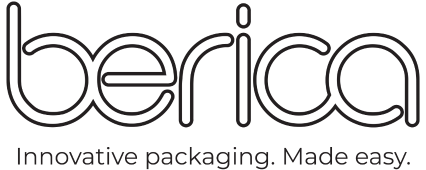Veronica has more than 20 years in senior management roles, leading marketing and sales strategies that include primary care consumables, pharmaceuticals, natural health care supplements, consumer and safety products within B2B and B2C.
What fast food outlets can learn from festivals

These days embracing the ever-growing summer music and arts festival scene is as Kiwi as cycling the Coromandel or sailing to Great Barrier Island.
From the Homegrown festival in Wellington and the return of WOMAD in March, to the rescheduled Rhythm and Vines in April, over the next few weeks hundreds of thousands of New Zealanders will be partying like it’s… well, 2022.
Things have come a long way since the legendary days of Woodstock in 1969 when 400,000 festivalgoers drifted away from the site in Bethel as the festival experience came of age that August weekend.
But it also set a new trend. The 1994 Woodstock revival left behind 1,300 tons of rubbish and the clean-up allegedly costing Woodstock Ventures, the promoters, more than US$1 million. It’s hard to imagine what was left behind 25 years earlier!
A BBC report into the environmental impact of music festivals shows that waste reduction is a major challenge. 2019 figures from the UK reveal that around 23,500 tonnes of waste are produced by music festivals alone, while major US festivals like Coachella generate around 100 tonnes of solid waste each festival day.
That’s a big problem. In some countries, there’s a much-needed shift in attitudes to post-festival operations with the creation of a huge clean-up industry sub-culture with organisers employing mini-armies of litter pickers and clean-up companies on site, working for days after the closing act has played its last encore.
But there’s still plenty to do. There are two clear ways festival organisers can solve the issue; by working with suppliers to make sure they have a robust recycling plan in place beforehand or for those suppliers to arrive at a site with no-waste guarantees in the first place.
That involves festival organisers having to work much closer with food vendors and event management teams over the next few years on food packaging education – perhaps even taking the ultimate step of accepting only the greenest of food concession outlets onto festival sites.
Thankfully more and more festivals around the world are getting on board with the concept of zero festival waste. The Roskilde festival in Denmark reduced its single-use plastic cup usage by selling reusable plastic cups that partygoers could bring back to the bar for refills up to 25 times. Customers were given a partial refund at the end of the festival and the return rate was approximately 92%.
Single-use plastic water bottles were banned form sale at Glastonbury in the UK in 2019. Considering more than one million were sold at the event in 2017, that’s a huge success. Also in the UK, Million Stars, a sustainable events business has made headlines by manufacturing products using only materials salvaged from festival waste.
That’s also why we want the NeverLeak Takeaway Collection – the only recyclable and compostable paperboard packaging currently available in New Zealand – to be as much of a festival mainstay as that discarded Coldplay tee or muddy gumboots, and an eternal summer of love that the planet will love all of us for, too.
Want to know more about the NeverLeak Takeaway Collection? or contact us on sales@berica.co.nz.
At Berica we’re putting the ‘box’ in ‘out of the box. We provide elegant, sustainable packaging that delights the eye and adds value to your amazing food.

